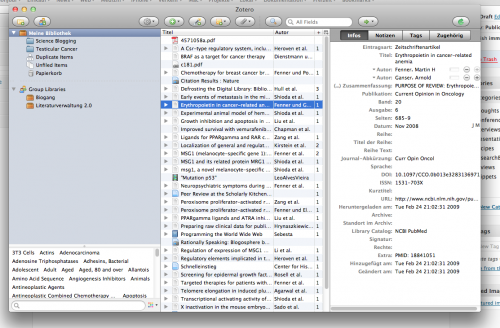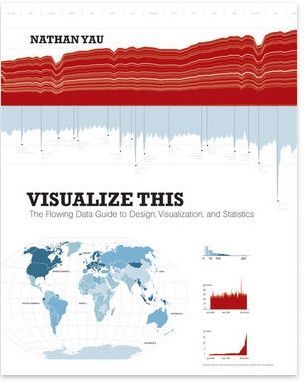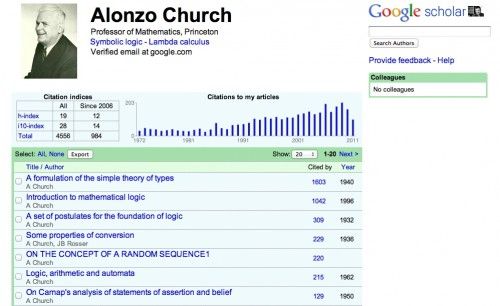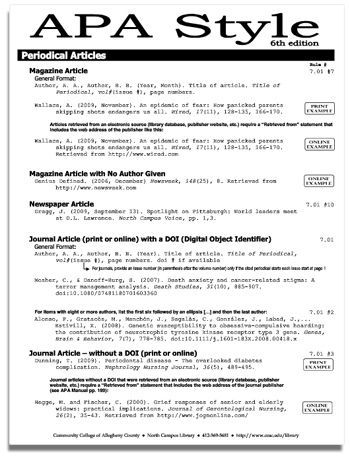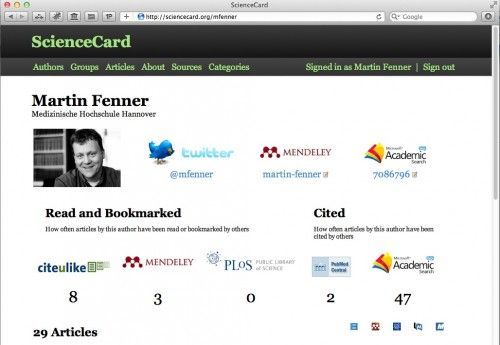
Metrics for scholarly works are used for evaluation and discovery. The Journal Impact Factor is widely used, but is not the best tool to look at the metrics of an individual article. In the past few years we finally started to have the technology to do article-level metrics (citations, downloads, etc.) and PLoS has pushed this concept since at least 2009.

